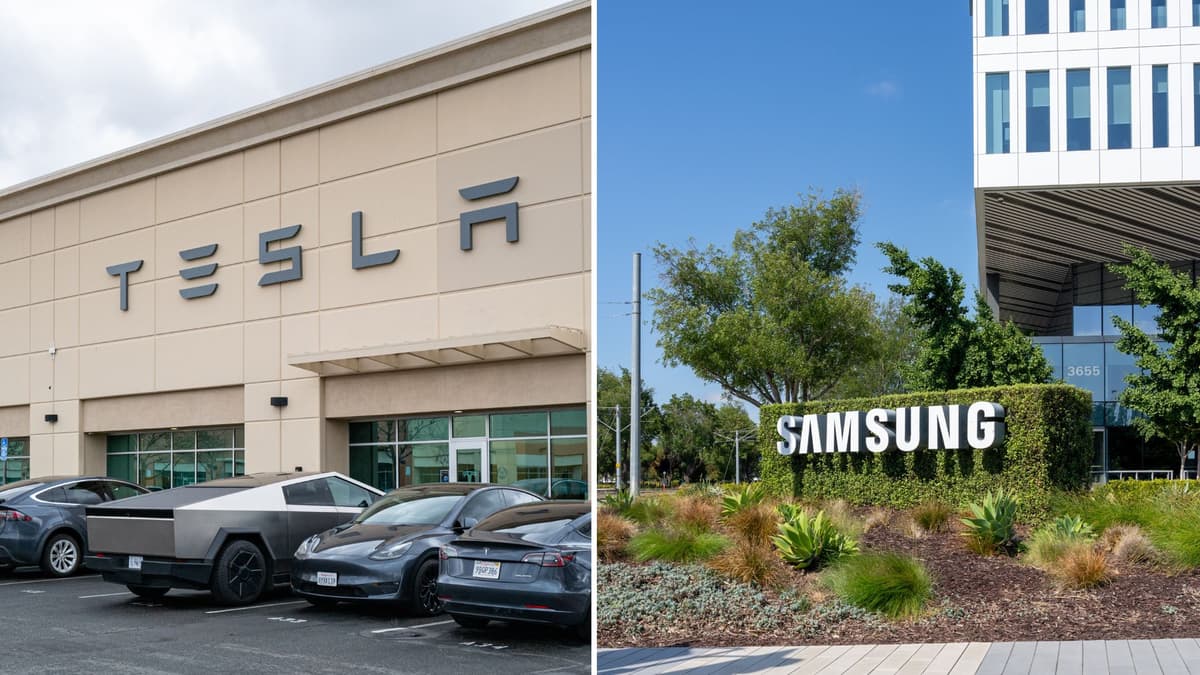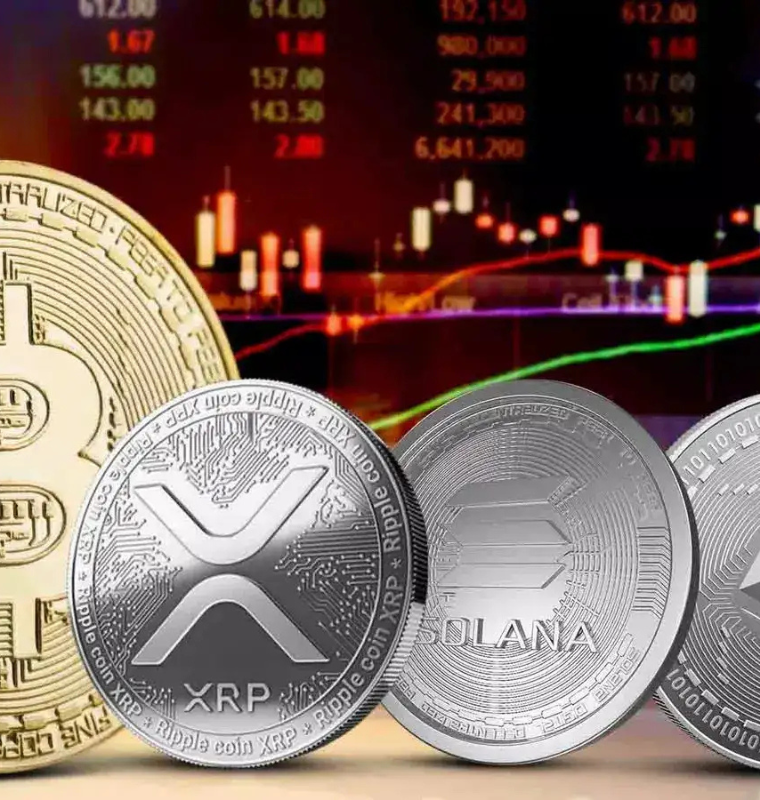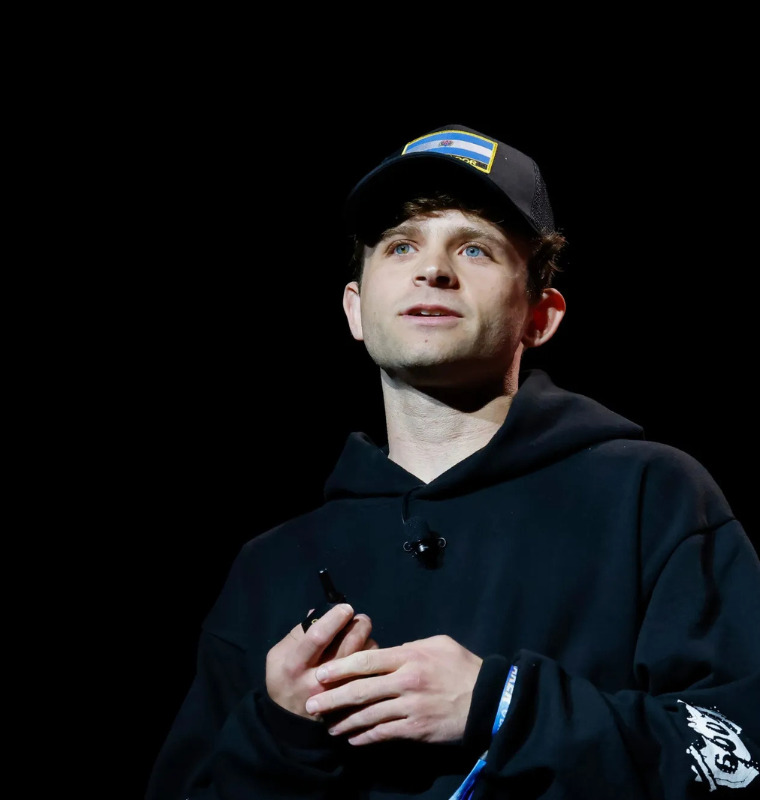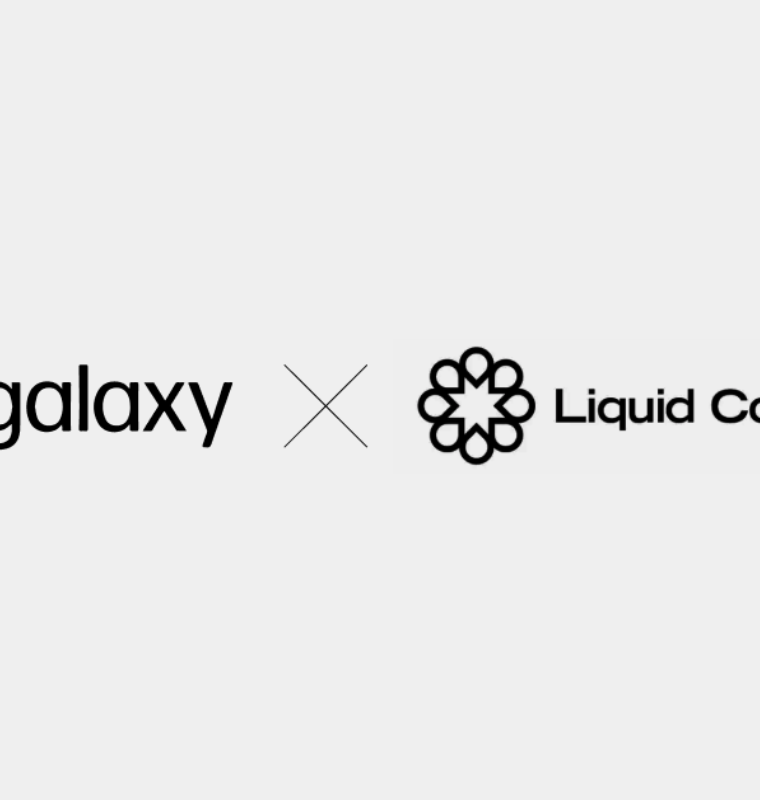Elon Musk Reveals Tesla’s $16.5 Billion Semiconductor Deal with Samsung to Power Next-Gen AI Chips
Elon Musk Reveals Tesla’s $16.5 Billion Semiconductor Deal with Samsung to Power Next-Gen AI Chips
By
Junia Wells
Last updated:
July 28, 2025
First Published:
August 6, 2025

Photo: Interesting Engineering
Tesla Locks In $16.5 Billion Chip Deal with Samsung for AI Future
Elon Musk has confirmed that Tesla has entered into a $16.5 billion semiconductor contract with Samsung Electronics, a move that signals a significant strategic pivot in the EV maker’s AI development roadmap. This long-term agreement, which runs until December 31, 2033, is set to power Tesla’s next-generation AI6 chips, crucial for the company’s self-driving and in-vehicle computing ambitions.
The announcement came after Samsung filed a regulatory disclosure noting the commencement of a large-scale chip order contract—without naming the client. Musk later revealed on X (formerly Twitter) that the unnamed party was indeed Tesla, although the post was quickly deleted. In a follow-up, Musk wrote:
“Samsung’s giant new Texas fab will be dedicated to making Tesla’s next-generation AI6 chip. The strategic importance of this is hard to overstate.”
Inside the Deal: Samsung’s Fab Expansion and Chip Roadmap
According to Samsung’s filing, the contract began on July 26, 2024, and will continue for nearly a decade. The company emphasized that further details—including the client identity—would remain confidential until the contract’s conclusion in 2033, citing a request to protect trade secrets.
Samsung’s Texas fabrication plant, which is set to produce the AI6 chips for Tesla, represents a key U.S.-based investment amid rising geopolitical concerns and growing demands for semiconductor self-sufficiency.
While TSMC (Taiwan Semiconductor Manufacturing Company) remains the dominant player in foundry services globally, Samsung’s new Texas fab marks a direct challenge to that dominance—particularly in the high-stakes arena of AI and automotive chips. Musk noted that TSMC would manufacture the AI5 chip in Taiwan and eventually Arizona, while Samsung currently manufactures Tesla’s AI4 chip.
Strategic Importance: Tesla’s Bet on Advanced AI Chips
The AI6 chip is expected to be a cornerstone of Tesla’s self-driving tech and in-vehicle computing platforms, enabling more powerful data processing and edge AI performance. Smaller, more powerful chips—such as those built on 2nm architecture—deliver higher efficiency and are essential for the complex real-time tasks that Tesla vehicles perform.
Samsung, in April, revealed its ambition to start mass production of its 2nm chips by 2025, targeting contracts from major global players. The Tesla deal could be its biggest win yet in this space.
“This is a critical moment for Samsung’s foundry business, especially as it aims to catch up with TSMC and appeal to major U.S. tech clients,” said Ray Wang, Director of Emerging Technology Research at The Futurum Group.
Financial Pressure Mounts as Samsung Fights to Regain Edge
Samsung is expected to report second-quarter earnings on Thursday, and early guidance suggests the company’s profit may fall by more than 50% year-over-year, due to weak demand in its foundry business and struggles to meet rising AI chip demand.
Samsung has been lagging behind SK Hynix and Micron in the race to supply high-bandwidth memory (HBM)—a critical component in AI workloads. SK Hynix is currently the top supplier of HBM chips to Nvidia, the world’s AI hardware leader.
Reports from South Korea suggest that Samsung’s latest HBM chips still await certification from Nvidia, and the process may now be delayed until at least September 2025, putting it further behind in the competitive race.
Industry Impact and Investor Sentiment
Despite the earnings warning, news of the Tesla deal sent Samsung’s stock up nearly 3% in early trading. Investors are interpreting the contract as a long-term stabilizer for Samsung’s foundry unit, giving it predictable revenue and deeper engagement in the AI sector.
Tesla, meanwhile, continues to position itself not just as a car company, but as a full-fledged AI enterprise—pushing aggressively into chips, robotics, and data infrastructure.
“It’s not just about making cars anymore,” said semiconductor analyst Kevin Krewell from Tirias Research. “With AI6, Tesla is signaling that it wants to control its entire vertical stack—just like Apple does with its custom silicon.”
Final Thoughts
Tesla’s $16.5 billion partnership with Samsung Electronics represents more than just a chip supply agreement—it’s a high-stakes alignment between two giants navigating a future defined by AI, automation, and geopolitical competition in the semiconductor space. As the foundry race heats up and Tesla inches closer to achieving full autonomy, this contract may turn out to be one of the most important tech supply deals of the decade.
Popular articles
Subscribe to unlock premium content
Disney’s Timeless Magic and How the Entertainment Giant Continues to Shape Culture and Innovation

Imran Khan’s Economic Missteps Amid Political Chaos in Pakistan

The Philippines’ Digital Shift How Remittances and BPO Are Fueling Growth

Disney’s Timeless Magic and How the Entertainment Giant Continues to Shape Culture and Innovation

Imran Khan’s Economic Missteps Amid Political Chaos in Pakistan

Disney’s Timeless Magic and How the Entertainment Giant Continues to Shape Culture and Innovation









